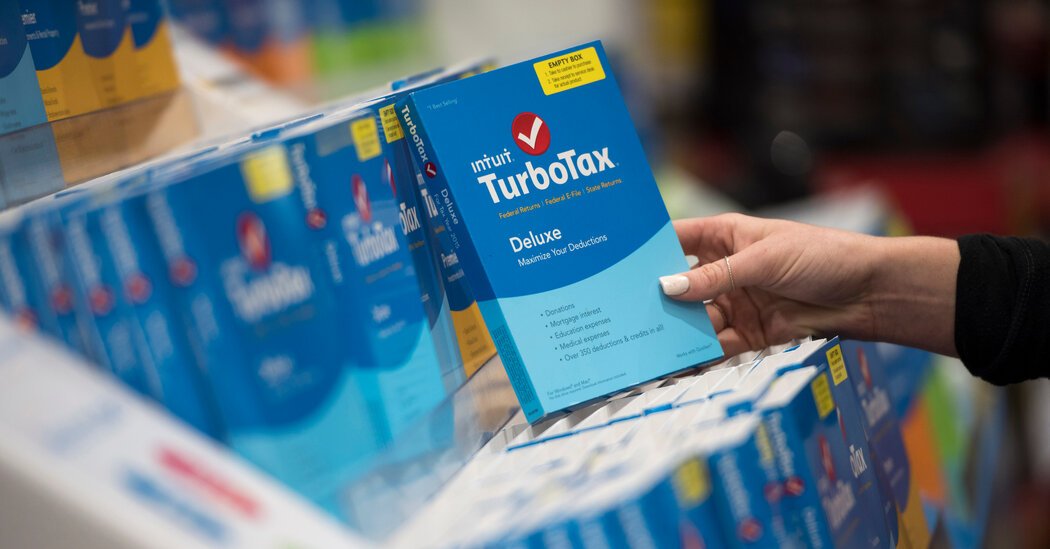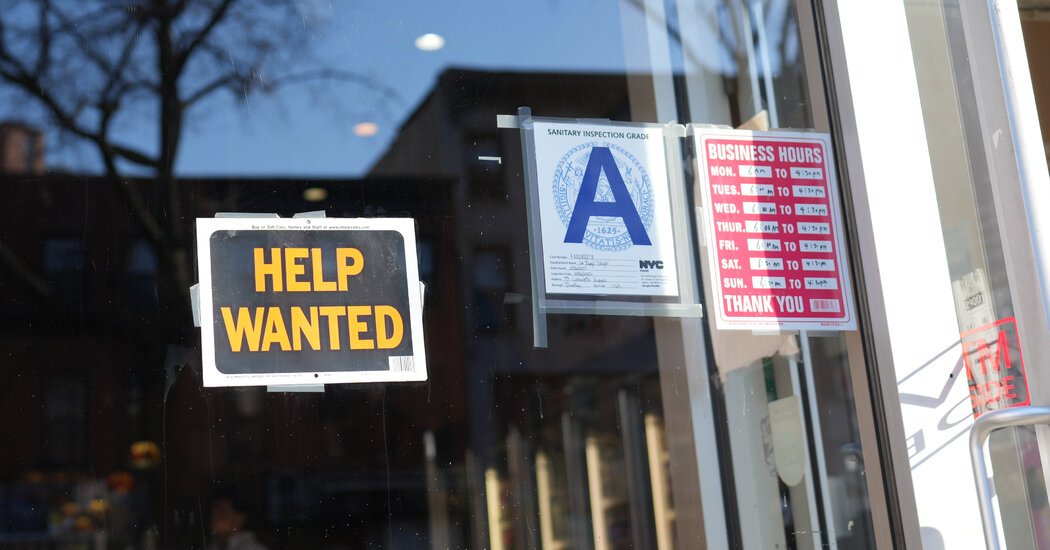Federal regulators have ruled that Intuit, the maker of the tax-filing software TurboTax, must stop marketing its services as free, unless they are free to everyone or exceptions are clearly disclosed.
TurboTax had for years claimed customers could file their taxes online for free. The Federal Trade Commission said in an opinion and final order issued on Monday that its advertising was deceptive because two-thirds of taxpayers were not eligible to file with the free product.
The commission also found that the company’s attempts to disclose that not everybody qualified for free services were “ineffective and often inconspicuous.”
Examples of ineligible taxpayers include those claiming mortgage and property deductions, charitable donations over $300, unemployment income, investment income, rental property income and certain education expenses. Gig workers who reported income as independent contractors, including many delivery drivers, were also ineligible.
Samuel Levine, the director of the F.T.C.’s Bureau of Consumer Protection, described Intuit’s violations as “egregious.”
Federal regulators cited misleading language in the company’s “AbsoluteZero” advertising campaign. That campaign included the phrase “Free Guaranteed” and told consumers, “At least your taxes are free.”
“The order also sends a message across industry — ‘free’ means free — not ‘free for a few’ or ‘free for some,’” Mr. Levine said in a statement. “Businesses can expect an F.T.C. enforcement action if they harness the power of ‘free’ in the dishonest way Intuit did.”
The F.T.C. order not only bars TurboTax from marketing its products as free, unless the products are free to everyone, it also requires it to “clearly and conspicuously” disclose the percentage of taxpayers or consumers who qualify for the free product or service. Alternatively, TurboTax may disclose that a majority of consumers do not qualify.
Intuit said in a statement that the decision was “deeply flawed” and that the company would appeal it.
“This decision is the result of a biased and broken system where the Commission serves as accuser, judge, jury, and then appellate judge all in the same case,” the statement said.
In 2022, after a multistate investigation led by Attorney General Letitia James of New York, Intuit agreed to pay back $141 million to more than four million Americans who had been unfairly charged for tax services that were falsely advertised as free. The company did not admit wrongdoing in the settlement.
Settlement checks were sent out last year, according to The Associated Press. Those affected were predominantly low-income taxpayers who qualified for a free federal tax service program operated by the Internal Revenue Service.









